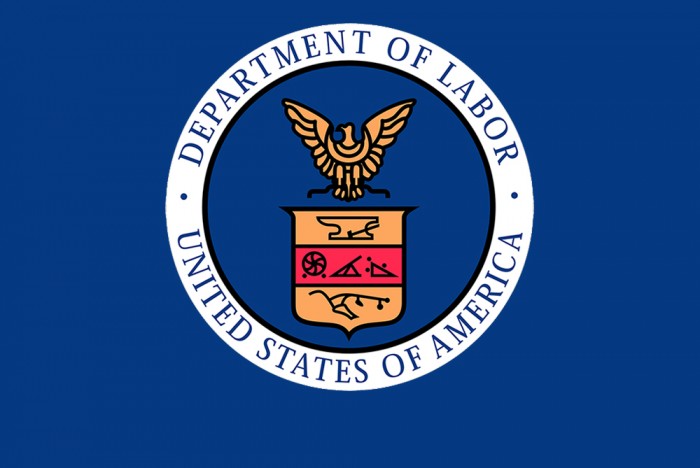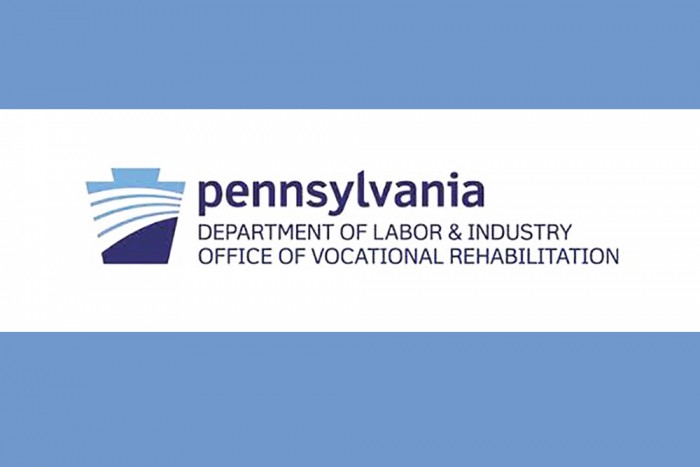Subminimum Wage
DOL Withdraws Proposal to Eliminate Section 14(c) Certificates
The U.S. Department of Labor (DOL) has announced it is withdrawing its previously proposed rule that would have phased out the issuance of subminimum wage certificates authorized under Section 14(c) of the Fair Labor Standards Act (FLSA). The proposed rule, initially published in December 2024, aimed to amend 29 CFR Part 525 to phase out the use of special wage certificates for workers with disabilities.
This withdrawal means Section 14(c) certificates remain in effect, and DOL will continue to issue and renew them as authorized by federal law.
Rationale for Withdrawal:
After receiving more than 17,000 comments — including strong opposition from Members of Congress, service providers, individuals with disabilities, and their families — the DOL determined:
- It lacks clear statutory authority to unilaterally eliminate a program that Congress has explicitly mandated.
- Section 14(c) uses the word “shall”, not “may,” indicating a mandatory duty for the Department to provide for the issuance of certificates “to the extent necessary to prevent curtailment of employment opportunities.”
- The continued use of 14(c) certificates by over 40,000 workers as of 2024 indicates ongoing need.
- Eliminating the program without Congressional action could result in unintended disruptions to employment and disability support services.
Impact on Providers:
- Employers currently operating under valid 14(c) certificates may continue to do so, subject to existing legal requirements.
- The DOL has no immediate plans to change the regulatory framework of 29 CFR Part 525.
- A future rulemaking process could still be initiated, but any substantive changes would likely require Congressional action.
The full text of the rescission can be found here.
C-Store Dive: Sheetz Expands Program to Hire Workers With Disabilities, RCPA Member KenCrest Highlighted
Labor Department Weighs Future Of Subminimum Wage For Workers With Disabilities
OVR Re-Issues SWTCIE InVEST Project’s Request for Proposals
The Request for Proposals (RFP) for a statewide contract with the Office of Vocational Rehabilitation for its PA SWTCIE Grant InVEST Project has been re-issued. Interested parties should access information regarding this opportunity here.
The InVEST Project is seeking to increase competitive integrated employment outcomes for individuals who are engaged, or are considering engagement, in subminimum wage employment. The project is funded through the Disability Innovation Fund (DIF) — Subminimum Wage to Competitive Integrated Employment Grant, a federal model demonstration grant from the Rehabilitation Services Administration (PR Award # H421D220003).
Please note that the deadline for proposal submission has been extended to Wednesday, August 23, 2023.
Sen. Bob Casey Bill Would Phase Out Subminimum Wage for Workers With Disabilities
OVR Section 511 Career Information and Referral Sessions
The Office of Developmental Programs (ODP) in sharing an informational flyer from the Office of Vocational Rehabilitation (OVR). The flyer explains the purpose of OVR’s Section 511 Career Information and Referral Sessions for individuals who are working in or seeking jobs that pay subminimum wage.
With $14 Million Federal Grant, Wolf Administration to Support More People With Disabilities in Competitive, Integrated Employment
Message from the Department of Human Services (DHS):
Harrisburg, PA — Department of Labor & Industry (L&I) Secretary Jennifer Berrier and Department of Human Services (DHS) Acting Secretary Meg Snead today announced the Wolf Administration’s goal of using a $14 million federal grant to help Pennsylvanians with disabilities earning subminimum wage transition to competitive, integrated employment.
“Individuals with disabilities contribute their valuable skills, talents, time, energy and perspectives to Pennsylvania’s dynamic economy every day in professions and industries as diverse as our population. They deserve the same protections as all other workers, including the right to earn at least minimum wage for their work,” Secretary Berrier said. “The Wolf Administration will use this funding to help individuals with disabilities and their families learn about and take advantage of opportunities in competitive, integrated employment. There can and should be a role for everyone who wants to and is able to work, and we are grateful to those employers who have already committed to providing competitive, integrated employment.”
Pennsylvania is one of 14 states to receive grant awards from the federal Department of Education for the Subminimum Wage to Competitive Integrated Employment (SWTCIE) demonstration project. L&I’s Office of Vocational Rehabilitation (OVR) and DHS’s Office of Developmental Programs (ODP) will use the funding to develop a five-year plan to support Pennsylvanians with disabilities in transitioning out of subminimum-wage employment — including more than 5,400 people who currently work in “sheltered workshops,” most of whom have intellectual disabilities or autism — as well as students and youth with disabilities seeking to enter competitive, integrated employment (CIE).
“There can be an end to the subminimum wage exception for individuals with disabilities, but it is incumbent on all of us to make that happen. Workplaces should examine their policies to see which ones are outdated or intentionally or unintentionally discriminating against individuals with disabilities,” said Acting Secretary Snead. “Pennsylvanians with intellectual disabilities and autism are vital members of our society and of our workforces, and DHS is proud to support opportunities to help them find gainful competitive integrated employment. We are grateful to the federal government for this grant so we can continue this work.”
The practice of paying individuals with disabilities subminimum wage is legal under Section 14(c) of the Fair Labor Standards Act of 1938, a federal law. In September 2020, the U.S. Commission on Civil Rights called for an end to subminimum wage in a report, saying that the program has been “inconsistent with the civil rights protections to which people with disabilities are entitled.” To date, several states have, or are in the process of, ending subminimum wage for people with disabilities or are in the process of phasing it out.
The federal grant will fund Pennsylvania’s Integrated Vocational Engagement and Supports Team (InVEST) Project, a wraparound model for assisting individuals with disabilities — including those considering or currently engaged in employment at subminimum wage — their families and employers, to move from subminimum wage employment to competitive, integrated employment.
The project aligns with the commonwealth’s Employment First philosophical approach that CIE be the first and preferred option and will enhance the commonwealth’s existing network of community rehabilitation service providers by allocating additional resources for staff who will work directly with CIE employers proactively engaged in supporting employees with disabilities and creating a culture of accommodation for all employees. These employer liaisons and employment specialists will be embedded with CIE employers to support employees with disabilities, facilitate communication, create a smooth hiring process, and provide on-the-job supports to ensure success. An interdisciplinary and collaborative resource team will anticipate and respond to the SWTCIE participants’ employment-related needs.
The Wolf Administration encourages all employers to consider learning more about this topic and becoming involved in Employment First, which requires any group receiving public funding to ensure that employment is the main focus for education, training, or support services for anyone with a disability who is eligible to work. Employers can explore opportunities to enhance their workforce by hiring people with disabilities who are invaluable members of our communities, workforce, and economy.















